College of Fisheries
Know about the College
To provide efficaciously skilled human resource; technical support; and outreach backup to the fisheries sector of the state, College of Fisheries, Guru Angad Dev Veterinary and Animal Sciences University, was established in April, 2008 to produce qualified fisheries professionals; to carry out basic, applied and adaptive research to achieve sustainable aquaculture production/productivity targets; and to disseminate the developed technologies to various stakeholders constituting the fisheries supply chain.
The College of Fisheries has five departments:
- Aquaculture
- Fisheries Resource Management
- Aquatic Environment
- Fish Processing Technology
- Fish Engineering
The college has competent experienced faculty and is well equipped with lab and farm facilities for taking up its teaching, research and extension programs effectually. The college offers the following academic programs:
- B.F.Sc. Degree Program (4 Years)
- M.F.Sc. Degree Program (2 years) – 4 Subjects (Aquaculture, Fisheries Resource Management, Aquatic Environment Management and Fish Processing Technology
- Ph.D. Degree Program (3 Years)– 4 Subjects (Aquaculture, Fisheries Resource Management, Aquatic Environment Management and Fish Processing Technology)
- Short Courses (1 Month) - 6 Areas (Ornamental Fisheries and Aquarium Science, Aquarium Fabrication and Maintenance, Fish Hatchery Management, Aqua Clinics, Fish Processing Technology, Fish Feed Formulation and Manufacturing)
The curriculum of the UG degree programme (B.F.Sc.) has been adopted as per recommendations of the 6th Deans’ Committee of the Indian Council of Agricultural Research (ICAR) w.e.f academic session 2025-26 and is divided into eight semesters. The first 6 semesters include coursework (theory and practical) related to various aspects of fisheries, including taxonomy, anatomy, physiology, biology, biochemistry, culture techniques, nutrition, breeding, disease management, aquatic ecology, aquatic animal health management, genetics, biotechnology, fisheries resource management, aquatic pollution, aquatic biodiversity, post-harvest technology, regulations and policies, marketing and trading, economics, statistical methods, extension education and swimming. During the last/4th year (7th and 8th semester), the B.F.Sc. students undergo ‘Student Ready Program’, including i) In-Plant Training (8-Weeks), ii) Rural Fisheries Work Experience (8-Weeks) and iii) Educational Tour (4-Weels/In & Outside State) during the 7th semester; and i) Experiential Learning Program ii) Skill Development and iii) Project Work & Seminar during the 8th Semester; to enhance the professional competency of the outgoing fishery graduates.
The curriculum of M.F.Sc and Ph.D. is also based on ICAR regulations (BSMA) covering advanced courses and basic/advanced research in the related/relevant subject, with thesis (M.F.Sc.)/dissertation (Ph.D) as an integral part of the degree program.
Tailor-made one-month short courses have also been initiated by the college in industry-oriented fields, to instil entrepreneurial skills among fishery and other aspiring graduates/youth/stakeholders, to promote fisheries as a potential sector for entrepreneurship/career advancement at regional, national and international levels. Fishery professionals i.e., graduates (B.F.Sc.) and postgraduates (M.F.Sc. and Ph.D.) and certificate holders are eligible to seek promising job opportunities in the public/ private sector in India i.e., State Fisheries Department, Fish Farmers Development Agencies (FFDAs), Colleges, Agricultural/Veterinary/Central Universities, Krishi Vigyan Kendra’s (KVKs), Fisheries Institute/Agencies, Banking Sector, Hatcheries, Aquaculture Farms, Feed Mills, Pharmaceuticals, Processing Plants, Trading, Export etc. Further, Fisheries professionals also possess great scope for higher studies and placement overseas. Nevertheless, there are vast opportunities for self-employment/entrepreneurship development in fisheries sector.
Mandate
- Impart quality education to develop professionally qualified and technically skilled human resource for the fisheries sector
- Take up basic, applied and adaptive research for developing advanced technologies to augment fish production/productivity from culture and capture aquatic resources
- Technology transfer to various stakeholders through awareness, demonstrations, trainings, capacity building/skill development programs and technical hand holding/consultancy.
Goals
- Human Resource Development
- Fish production and productivity enhancement
Dean, College of Fisheries
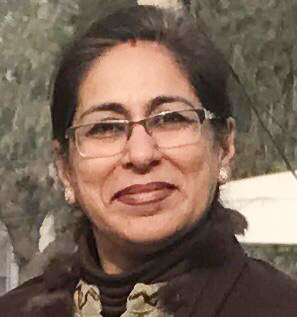
Dr. Meera D. Ansal
Address: Dean, College of Fisheries, Guru Angad Dev Veterinary and Animal Sciences University, Ludhiana
Email: deancof@gadvasu.in, fisheriescof@gmail.com
Call:+91-161-2414061, 2414053
Brief Introduction
Dr. Meera D. Ansal, Head, Department of Aquaculture, College of Fisheries, GADVASU joined as Dean of College of Fisheries on 15th September, 2020. After completing M.Sc. and Ph.D. in Zoology (Specialization: Fish & Fisheries) from Punjab Agricultural University (PAU), she joined as Assistant Professor (Fisheries) in 1999 in Institute of Agriculture, Regional Centre of PAU at Gurdaspur. She has made significant contribution in teaching, research, extension and institutional development. She has guided 11 M.F.Sc./Ph.D students and taught more than 20 UG/PG courses. Under ICAR’s prestigious Niche Area of Excellence Project (2010-2015), she played an instrumental role in aquaculture development in inland salt affected waste areas of south west districts of the State and was conferred with 'Best Success Story' award by the Indian Ecological Society. She is now working to develop ‘Climate Smart Aquaculture Technologies’ viz., diversification involving intercropping with high value species, growth promoting & immuno-stimulating herbal supplements and brood stock management for enhanced aquaculture productivity, without any additional pressure on already depleting multiple use water/land resources.
Recently, she earned an R&D project entitled “Establishment of Capacity Building Resource Centre for Intensive Aquaculture Technologies in Punjab- Recirculatory and Biofloc Aquaculture Systems” with 100% funding of 1.39 crores under PMMSY Center Sector Scheme (CSS) of Department of Fisheries (DoF), Ministry of Fisheries, Animal Husbandry and Dairying (MoFAHD), GOI, to promote intensive aquaculture technologies in the region. With 12 R&D projects and more than 200 publications including research papers, review articles, manuals, books, booklets, pamphlets and extension articles, to her credit, Dr. Meera has also been conferred with ‘Honorary Fellowship' of the Indian Ecological Society.
Former Dean
| Sr. No. | Name | Duration on the post | Date of Retirement | Photograph |
|---|---|---|---|---|
| 1. | Dr. Kamaldeep Kaur | 23-04-2008 to 31-12-2010 | 31-12-2010 | 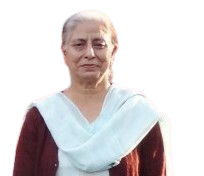 |
| 2. | Dr. Asha Dhawan | 12-01-2011 to 30-11-2017 | 30-11-2017 | 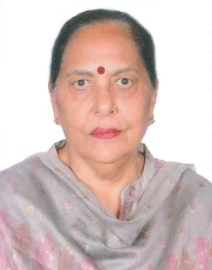 |
| 3. | Dr. Anil Kumar Puniya | 01-12-2017 to 08-01-2018 | 08-01-2018 | 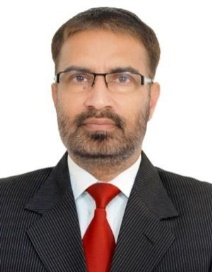 |
| 4. | Dr. Kulbir Singh Sandhu | 09-01-2018 to 14-09-2020 | 14-09-2020 | 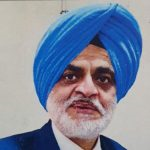 |
Facilities
- Smart Class Rooms well equipped with advanced audio-visual aids for quality education delivery system
- Lecture Hall - Capacity-100
- Committee Room
- College Library
- Laboratories well equipped with high-tech facilities for quality teaching and research.
- UG Practical lab
- Water Quality Lab
- Aquaculture Nutrition Lab
- Microscopy Lab
- Fisheries Resource Management Lab
- Aquatic Animal Health Management Lab
- Cell Culture Lab
- Aquatic Toxicology Lab
- Bioinformatics Cell
- Microbiology and Virology Lab (BSL-2 Facility)
- Fish Engineering Lab
- Fish Processing Technology Lab
- Other Facilties
- Fisheries Museum
- Aqua-House
- PG Student Chambers – 02
- Student Recreational Facility
- Faculty Recreational Facility
- Farm facilties- Adequate farm facilities for teaching ("STUDENT READY PROGRAM"- Experiential Learning and Skill Development), research, demonstration and capacity building at "Instructional cum Research Farm" spread over an area of 6 hectare
- Experimental Culture Pond - Nursery, rearing and stocking
- Demonstration Culture Pond- Semi-intensive Carp Polyculture Pond, Pangas Catfish Culture Pond, Integrated Fish cum Duck Fish farming Pond, Overwintering Pond, Brood stock Ponds, Polyhouse Ponds (Overwintering Facility
- Hatcheries - Circular Chinese Hatchery, Indoor Catfish/Murrel Hatchery, Portable Carp hatchery, Ornamental Fish Hatchery cum Aquarium House
- Different aquaculture Systems/Units -
- Recirculatory Aquaculture System
- Biofloc Aquaculture System
- Automated Aquaponics System
- Flow through System
- Green house
- Feed Mill with Extruder
- Duck Hatchery
- Live Food Culture Unit
- Quarantine Facility
- Azolla Culture Unit
- Waste Water Bioremediation Unit
- Vermicomposting Unit
- Herbal Garden
- Experiential Learning (EL) Modules
- Aquafarming
- Ornamental Fish Culture, Breeding and Seed production
- Fish Processing Technology
- Aquaculture Information Centre - Committee Room, Farmer Library, Technology Exhibition Room and Pantry
- Other Farm Facilities- Feed Stores, Field Stores, FRP Pools and aquaria
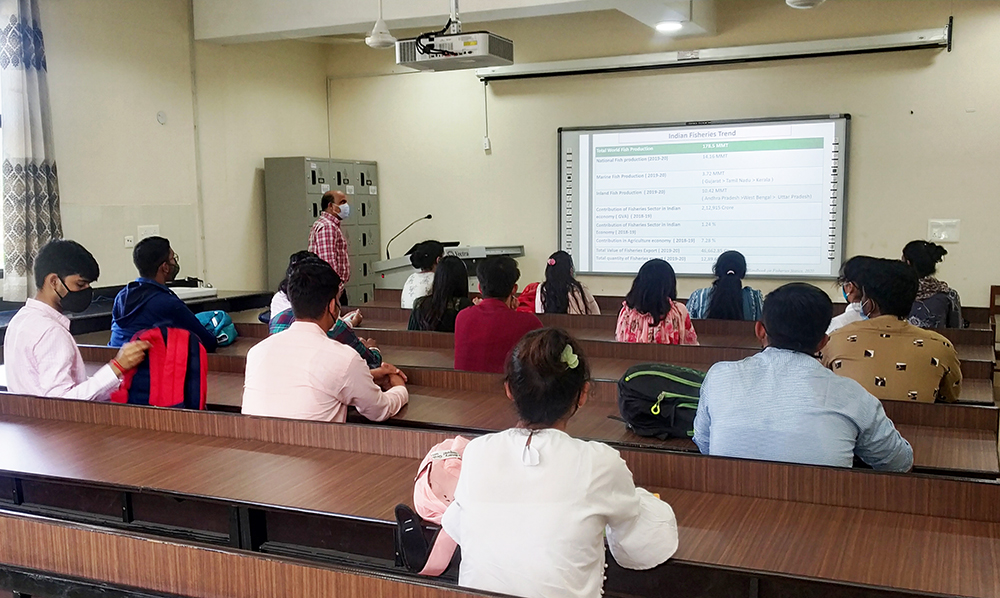 |
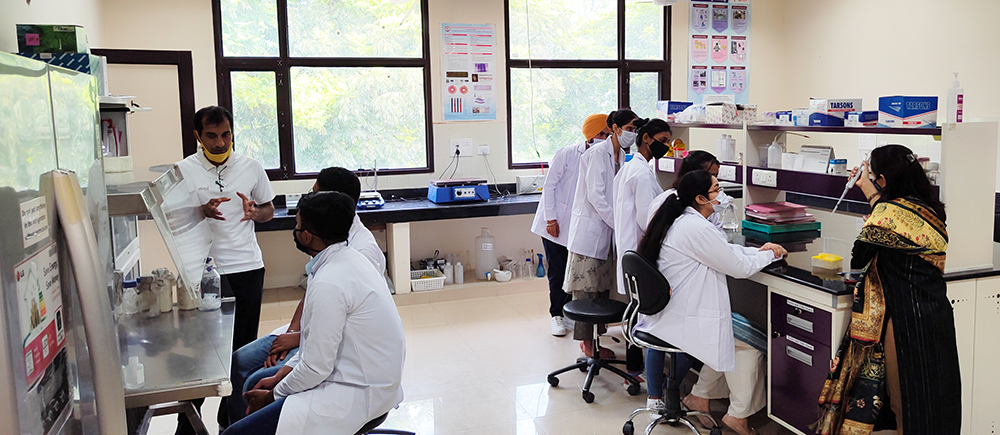 |
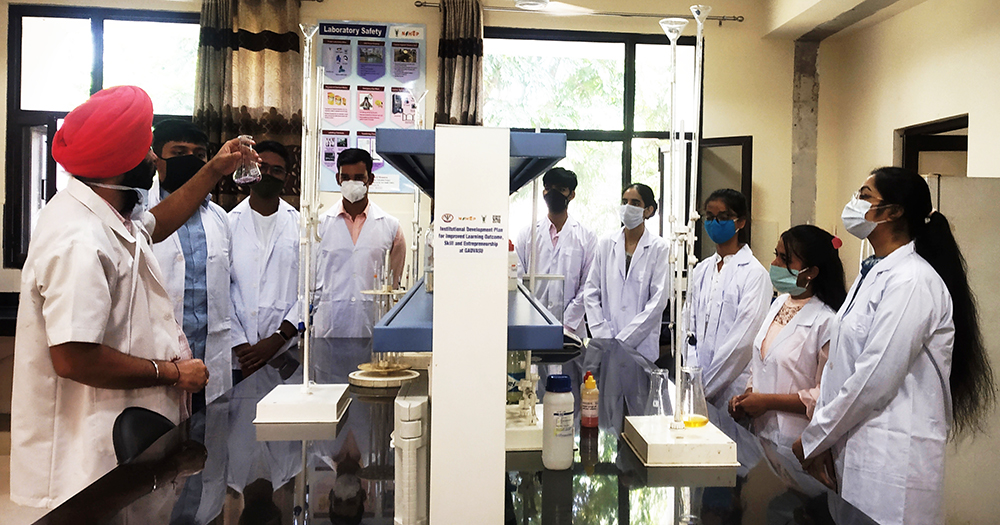 |
|
Smart Class Rooms |
Aquatic Animal Health Management Lab |
Water Quality Lab |
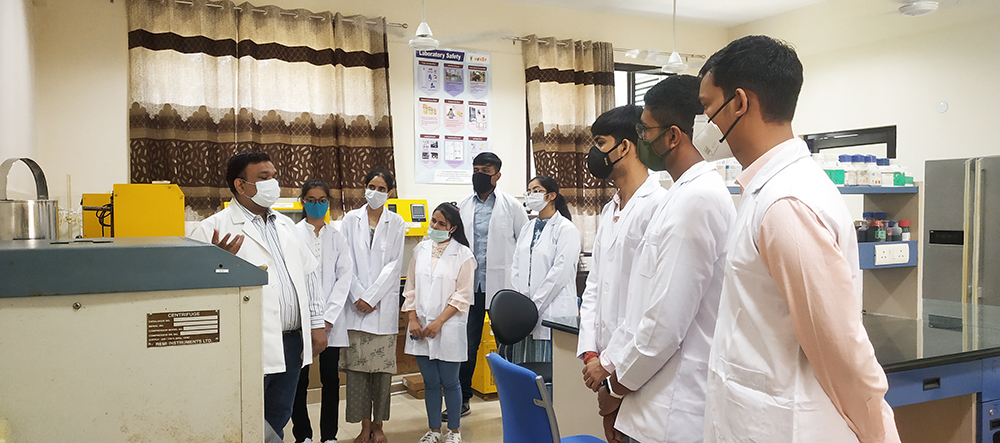 |
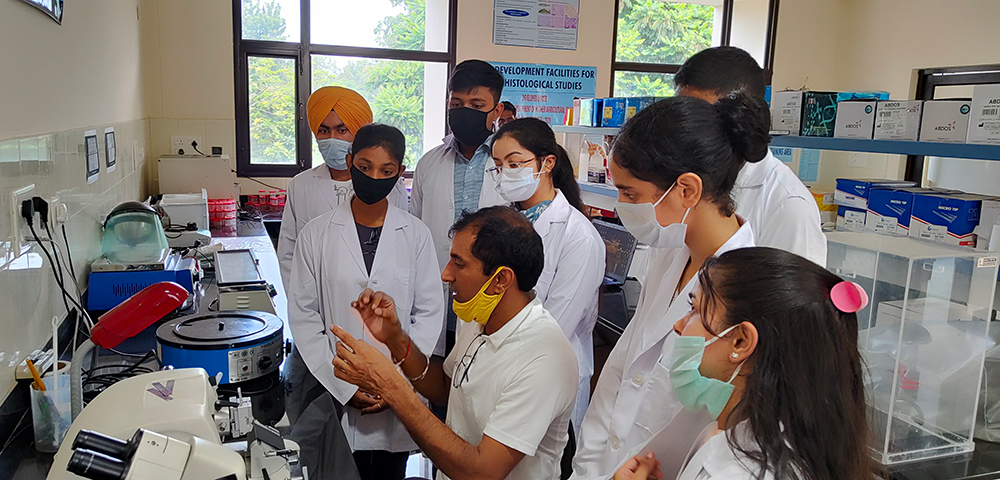 |
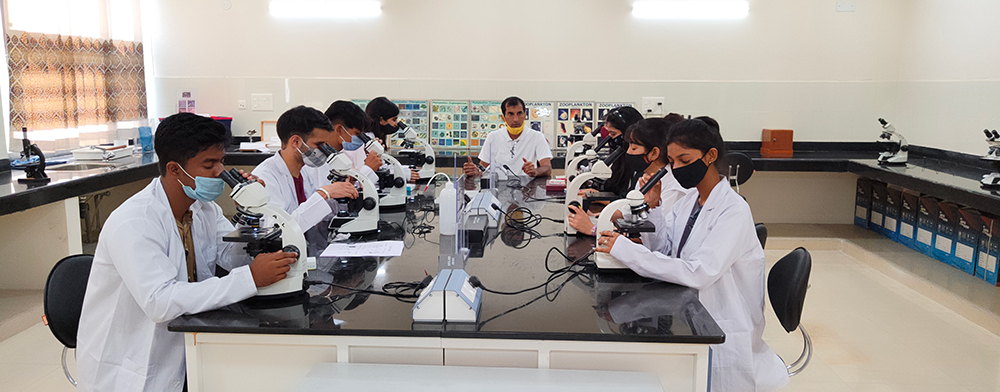 |
|
Aquaculture Nutrition Lab |
Aquatic Toxicology Lab |
Microscopy Lab |
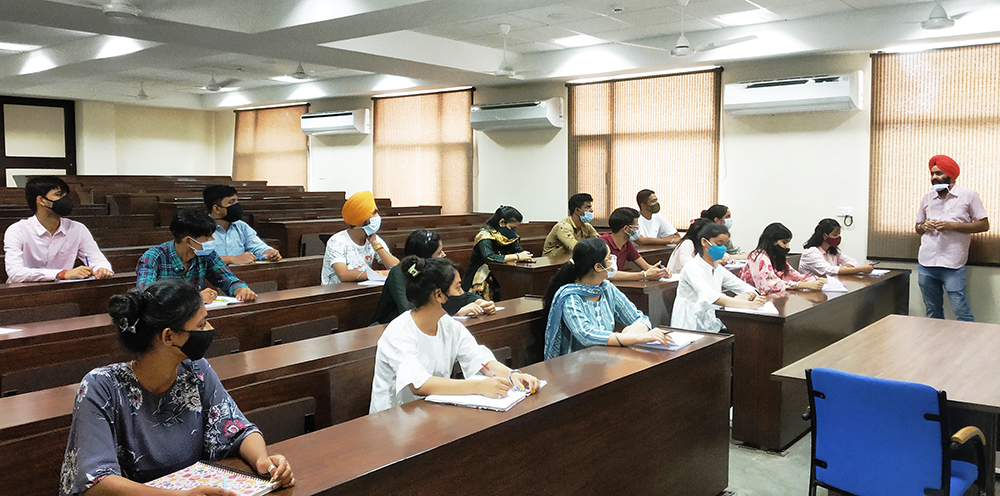 |
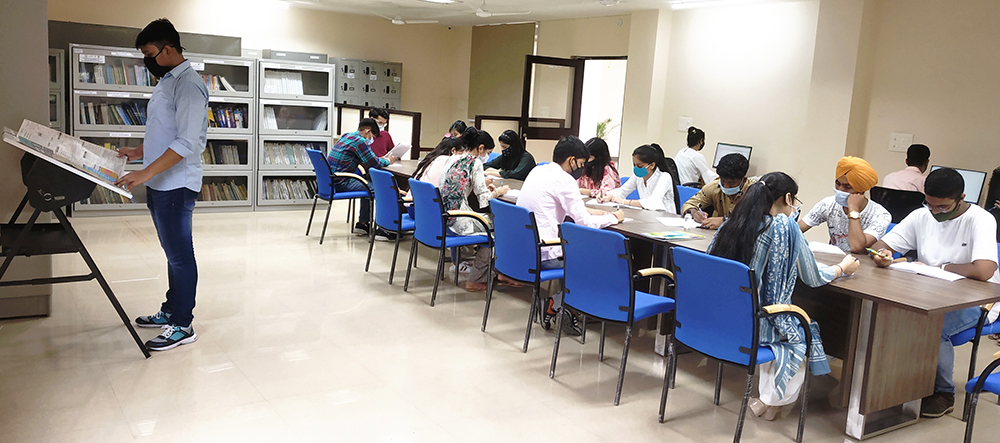 |
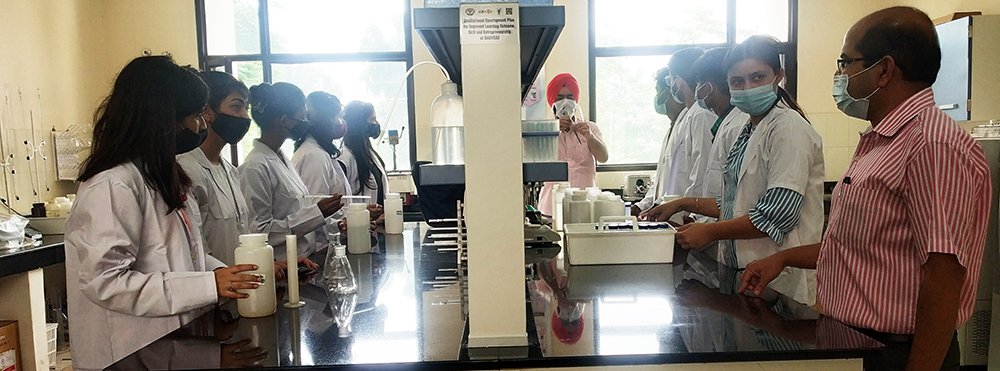 |
| Seminar Room | College Library |
Fisheries Resource Management Lab |
Faculty Detail
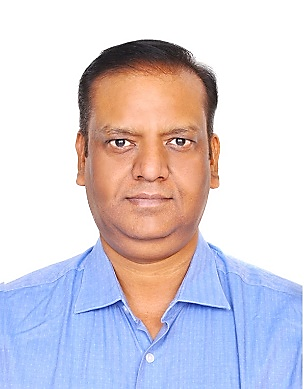
Dr. Ajeet Singh
Designation : Associate Professor (Fisheries)
Contact Address : Department of Fish Processing Technoology, College Of Fisheries, Guru Angad Dev Veterinary & Animal Sciences University, Ludhiana, Punjab 141004
Telephone : 0161- 2414061
Mobile : 9780057372
Email : ajeetsingh@gadvasu.in,drajeetsingh76@gmail.com,azeet2singhh@rediffmail.com
Academic Credentials
- Bachelor of Fisheries (B.F.Sc.)
- M.F.Sc. (Aquaculture)
- Ph.D. (Fisheries Resource Management)
Teaching appointments
- Active involvement in the undergraduate and post graduate teaching of the courses belongs to the Department of Fish Processing Technology and taking courses on Fish in Nutrition, Food Chemistry, Fish Products and Value Addition, Freezing Technology, Quality Assurance of Fish and Fishery Products, Fishing Craft and Gear Technology. For smooth and effective teaching, published three teaching manuals. To impart quality education among the students particularly undergraduate students, initialed ‘Experiential Learning Programme’ in the field of fish processing and value addition
Other appointments
- Nodal Officer for PMS scheme, College of Fisheries, GADVASU
- Member, Anti Ragging Squad of College of Fisheries, GADVASU
- Member, Board of Studies (BOS), College of Fisheries, GADVASU
- Member, Administrative cum Budget Committee, College of Fisheries, GADVASU
- Member, Academic Affairs Committee, College of Fisheries, GADVASU
- Member, Research Committee, College of Fisheries, GADVASU
Area of research
- Development of emulsion based value added fish products and quality evaluation.
- Development of economically important fish byproducts from fish processing waste.
- Development of extracted fish protein and fiber rich bakery products
Ongoing projects
|
Sr.
No. |
PI/
Co-PI |
Title
of Project |
Funding
Agency |
Period |
|
1. |
PI |
Extraction of chitosan from shrimp
shell and its evaluation against potential bacterial pathogens in processed fish |
Institutional Funding Guru Angad Dev Veterinary and Animal
Sciences University |
Awarded in March 2024 Continue … |
|
2. |
Co-PI
|
Demonstration and replication of
Pangas Culture and processing model validated under agro-climatic conditions
of Punjab. |
RKVY |
January 2022 to March, 2023 |
|
3. |
Co-PI
|
Entrepreneurship skill development
among Scheduled Castes (SC) communities of selected districts of Punjab
through fish processing and value addition |
CIFT- ICAR |
01-08-2021 to 30-03-2022 |
|
4. |
Co-PI
|
Standardization
of breeding and rearing technology of high value vulnerable catfish Pangasius
pangasius under agro-climatic condition of Punjab. |
UGC, New Delhi |
01-07-2015
to 30-06-2018 |
|
5. |
Co-PI
|
Processing of carps into different
value added products & by-products for enhanced economic returns. |
RKVY |
6-10-2010 to 31-03-2015 |
|
6. |
Co-PI
|
Refinement and evaluation of fish
descaling machine and entrepreneurship development. |
CIPHET, Ludhiana, Institutional Funding
|
Sept, 2010 to Aug., 2012 |
|
7. |
Co-PI
|
Promoting fish culture through
reclamation of village ponds and integrated fish livestock farming. |
RKVY |
03-02-2009 – 31-03-2015 |
Research honours awards
- “Best Poster Award” for poster entitled “Nutritional and Textural Characteristics of Fish Protein Powder and Fiber Enriched Biscuits” During IESFAC-2023, organized by the Indian Ecological Society and Guru Angad Dev Veterinary And Animal Sciences University, Ludhiana during 22-24 February 2023
- “Honorary Fellow” Society of Life Sciences, Satna (M.P) during National Seminar on “Contemporary issues in fisheries and aquaculture” organized by College of Fisheries, GBPUA&T, Pantnagar organised during 19-20, May, 2022 at Pantnagar
- “Best Extension Worker Award” for the year 2018-19. From Guru Angad Dev veterinary and Animal Sciences University, Ludhiana.
- “Best Poster Award” for the research poster presented on “Nutritional Significance of Gelatin Prepared from Rohu (Labeo rohita) Waste” in National conference on “Bioactive Compounds and Functional Foods in Health and Disease Management” held at NIFTEM, MOFPI, Nov, 15 -16, 2013.
No of publications
| Research: 30 | Extension: 15 | Books: Nil | Manuals: 03 |
|---|
Publication
- Ajeet Singh, Vijay Kumar Reddy Surasani and Siddhnath Kumar. 2023. Evaluation of Proximate Composition, Oxidative Stability and Sensory Characteristics of Ready to Eat Fish Balls Prepared from Rohu (Labeo Rohita) Mince Stored at Refrigeration Temperature. J Krishi Vigyan. 11: 85-90. DOI: 10.5958/2349-4433.2023.00091.0 NAAS Rating – 4.95
- Shiwam, D., Singh Ajeet., Naveen, K. B. T., Singh, N.K. & Tyagi, A. 2021. Isolation and Characterization of Bacteriophages from Inland Saline Aquaculture Environments to Control Vibrio parahaemolyticus Contamination in Shrimp. Indian Journal of Microbiology. DOI: 10.1007/s12088-021-00934-6. NAAS Rating – 9.00
- Datta, S. N., Singh A., Jassal, G., & Pandey A. 2018. A study on induced breeding, embryonic and larval development of Pangassionodon hypophthalmus in semi -arid agro climate. Journal of Environmental Biology, 39(5), 671-676. NAAS Rating – 6.70
- Singh, K., Singh A., Datta, S. N. & Kaur, S. 2018. Changes in biochemical composition in flesh of common carp, Cyprinus carpio (L.) fingerlings, fed with diets replacing soybean with fish silage protein at different levels. Journal of Entomology and Zoology Studies, 6(3), 1725-1728. NAAS Rating – 5.53
- Datta S. N., Dhawan A., Kumar S., Singh A. and P. Parida. 2017. Standardization of stocking density for maximizing biomass production of Pangasius pangasius in pond cage aquaculture. Journal of Environmental Biology.38: 237-242. NAAS Rating – 6.70
- Singh A., Singh, R., Ansal, M.D., & Datta, S. N. 2015. Meat recovery, biochemical composition of raw and processed Shrimp (Litopenaeus vannamei) cultured in saline waters of Punjab. Ecology, Environment and Conservation, 21(2), 981-984. NAAS Rating – 5.41
- Singh A., Datta, S.N., Dhawan, A., & Abhishek Srivastava 2014. Meat Recovery and Biochemical Analysis of Carp Meat Under Composite Farming. Journal of Experimental Zoology India, 17(1), 87-90. NAAS Rating – 5.25
- Singh A., Datta, S.N., Dhawan, A., & Srivastava, A. 2014. Meat recovery and biochemical, sensory properties of fish products under different processing practices. Ecology, Environment and Conservation, 20 (2), 581-586. NAAS Rating – 5.05
- Singh A., Singh, I.J., Ram, R.N., & Kushwaha, B. 2008. Ovarian development in Labeo dyocheilus (McClelland) during active reproductive phase under captive and wild conditions. Journal of Environmental Biology, 29(2), 169-174. NAAS Rating – 6.70
- Kushwaha, B., Singh, H., Singh, I.J., & Singh A. 2007. Production of inter-specific hybrids of Labeo dyocheilus (McClelland) and Labeo rohita (Hamilton). Indian Journal of Animal Sciences, 77(7), 638-641. NAAS Rating – 6.40
